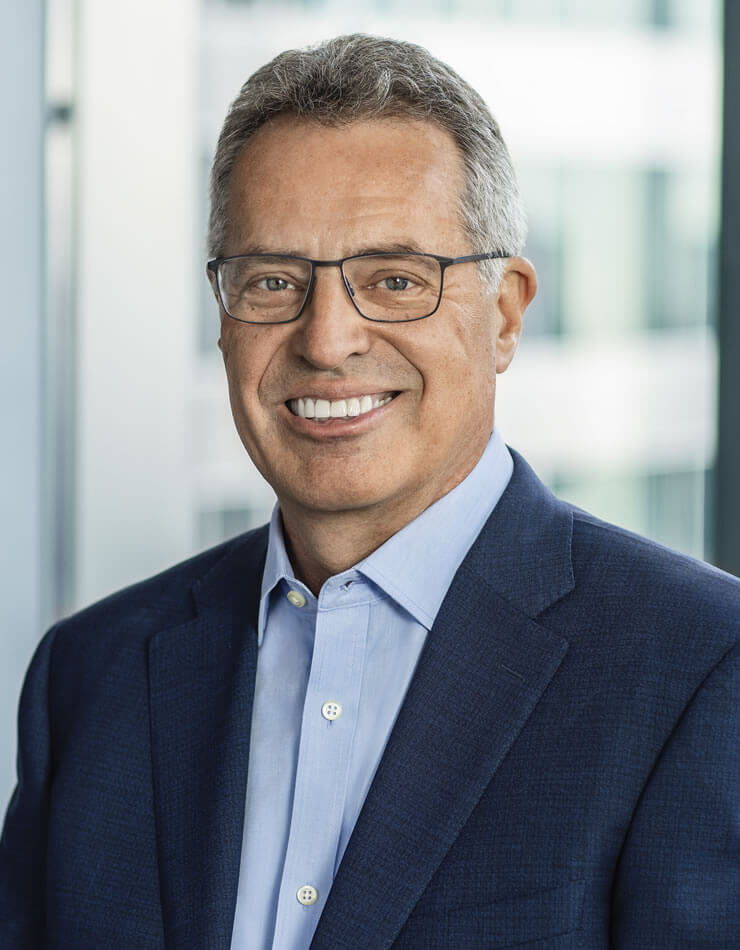Oakmark Global Select Fund - Investor Class
Average Annual Total Returns 03/31/13
Since Inception 10/02/06 6.90%
10-year N/A
5-year 10.18%
1-year 12.43%
3-month 7.59%
Gross Expense Ratio as of 09/30/12 was 1.23%
Past performance is no guarantee of future results. The performance data quoted represents past performance. Current performance may be lower or higher than the performance data quoted. The investment return and principal value vary so that an investor’s shares when redeemed may be worth more or less than the original cost. The most recent month-end performance data can be found here.
The Oakmark Global Select Fund returned 8% for the quarter ended March 31, 2013, matching the MSCI World Index’s return of 8%. During the first half of the fiscal year, the Fund returned 19%, compared to 10% for the MSCI World Index. More importantly, the Fund has returned an average of 7% per year since inception, outperforming the MSCI World Index, which has averaged 3% per year over the same period.
The largest contributor to performance was Dell, a U.S.-based computer manufacturer, which returned 42%. In February, a group led by Dell CEO Michael Dell offered to purchase all outstanding Dell shares for $13.65 per share. While that price was a nice premium to the year-end price of $10.14, many of Dell’s long-term investors, including us, thought the offer should have been higher. We shared with Dell’s board our belief that the sale process should be open and transparent so that all offers can receive fair consideration. Currently two alternative acquisition proposals have been presented, and we expect the board to conclude, as we have, that one of these new offers will be better for shareholders. We anticipate the board’s decision soon.
Another large contributor was Daiwa Securities, Japan’s second-largest brokerage. Continued talk of economic reform from Japan’s new government has led to a weakening of the yen and a rally in the Japanese stock market. These positive developments contributed to Daiwa’s strong quarterly results. Compared with the same quarter last year, retail revenues increased 10% and profits more than doubled, while asset management revenues were up 4% and profits were 50% higher. In addition, the wholesale unit realized its first profitable quarter since 2009, produced by higher trading profits and commissions, along with solid cost-cutting. Although Daiwa’s stock price has more than doubled over the past six months, we continue to believe Daiwa has significant upside.
Kuehne + Nagel, a Swiss-based freight forwarder, was the Fund’s largest detractor from performance for the quarter, losing 9%. Even though Kuehne continued to gain market share and significantly outpaced the market in 2012, the overall market did not grow at historical rates during that time. Kuehne’s fiscal year 2012 results were below expectations. Profitability fell in the ocean market due to increased competition, while profits were down in the air market because costs were not cut quickly enough to respond to decreased demand. Management has since implemented a global cost-reduction program for the air market, so we expect improvement in this area in 2013. Despite a challenging 2012, Kuehne remains in the top tier of forwarders globally on all major trade lanes, and we believe that it will be a solid long-term investment for our shareholders.
Cenovus Energy, an integrated oil company, also detracted from performance during the quarter. Cenovus reported a fourth-quarter loss as a result of writing down its natural gas assets, necessitated by the low gas price on December 31. Additionally, tight pipeline capacity has caused an unusually large price discount for its oil, thereby reducing the company’s current cash flow. We don’t believe either of these issues are long-term problems, and therefore we are not significantly reducing our estimate of the company’s value.
Geographically, we ended the quarter with our European holdings increasing to 37% and Japanese holdings decreasing to 16%. The remainder of the Fund’s investments, excluding cash, are in North America. We did not add or remove any names from the Fund during the quarter.
Although many global currencies have weakened compared to the U.S. dollar, we continue to believe some are overvalued, and we are defensively hedging the Fund’s currency exposure. As of quarter end, approximately 22% of the Swiss franc and 13% of the Japanese yen exposures were hedged.
We thank you, our shareholders, for your continued support and confidence.
As of 3/31/13, Daiwa Securities Group, Inc. represented 5.4%, Dell, Inc. 4.2%, Kuehne + Nagel International AG 5.8%, and Cenovus Energy, Inc. 3.9% of the Oakmark Global Select Fund’s total net assets. Portfolio holdings are subject to change without notice and are not intended as recommendations of individual stocks.
The MSCI World Index (Net) is a free float-adjusted market capitalization weighted index that is designed to measure the global equity market performance of developed markets. This benchmark calculates reinvested dividends net of withholding taxes using Luxembourg tax rates. This index is unmanaged and investors cannot invest directly in this index.
Investing in value stocks presents the risk that value stocks may fall out of favor with investors and underperform growth stocks during given periods.
Because The Oakmark Global Select Fund is non-diversified, the performance of each holding will have a greater impact on the Fund’s total return, and may make the Fund’s returns more volatile than a more diversified fund.
Investing in foreign securities presents risks that in some ways may be greater than U.S. investments. Those risks include: currency fluctuation; different regulation, accounting standards, trading practices and levels of available information; generally higher transaction costs; and political risks.
The discussion of the Fund’s investments and investment strategy (including current investment themes, the portfolio managers’ research and investment process, and portfolio characteristics) represents the Fund’s investments and the views of the portfolio managers and Harris Associates L.P., the Fund’s investment adviser, at the time of this letter, and are subject to change without notice.







